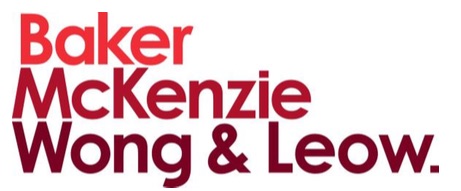3 October, 2019
On 5 September 2019, the Singapore Parliament passed the Resource Sustainability Bill (the “RSB”) as part of Singapore’s Zero Waste Masterplan. The RSB seeks to tackle Singapore’s waste production by making it mandatory for significant waste contributors to re-use and recycle more.
The RSB implements a framework requiring persons who profit from the supply of products to bear the cost of treating and collecting them when they become waste. It focuses on three waste types with high waste- generation and low recycling rates:
-
Part 3 of the RSB: Electrical and electronic waste;
-
Part 4 of the RSB: Packaging waste; and
-
Part 5 of the RSB: Food waste.
Part 3 establishes an Extended Producer Framework for electronic waste, making registration a pre-requisite for producers to supply regulated products. Additionally, producers of regulated non-consumer electrical or electronic products will now be responsible for the collection and treatment of their own e-waste.
Part 4 establishes a mandatory reporting framework requiring producers to report on particular types of packaging they introduce into the Singapore market. These producers will also have to submit its plans to the National Environment Agency (the “NEA”) on how it intends to reduce, re-use or recycle such packaging.
Part 5 targets premises that are large generators of food waste, whereby occupiers will be required to segregate their food waste and dispose of the same in a facility that the building manager will be obligated to provide. These building managers will in turn be responsible for ensuring the proper treatment of such food waste.
The RSB will have some teeth – to facilitate the enforcement of the bill, authorised officers will be empowered to request for information and documents from anyone, and enter commercial premises to investigate or monitor for compliance with the RSB. Penalties under the RSB will include fines of up to S$10,000 for the failure to comply with the various provisions on the collection and disposal of unwanted products.
The NEA has announced that it will stagger the RSB’s implementation to give companies time to adjust to the new regulations. The NEA will also help co-fund food waste management systems and work with industry associations to assist companies with mandatory reporting requirements.
The RSB marks Singapore’s first implementation of a systems-level approach mandating producers’ key responsibilities to reduce, re-use and recycle. The shift from a voluntary to a mandatory approach will likely compel suppliers to improve their waste management capabilities, and incentivise them to develop more environmentally-friendly methods of production at the outset.
The RSB can be found here. The closing speech by Senior Minister of State for the Environment and Water Resources Dr Amy Khor for the second reading of the RSB can be found here.
For further information, please contact:
Andy Leck, Principal, Baker & McKenzie.Wong & Leow
andy.leck@bakermckenzie.com





